Qatar 2022: Morocco, the Atlas Lions, are my flavour of the week
The battlelines for the quarter finals in Qatar 2022 are now drawn, and there are no prizes for guessing that the story of Morocco will stand out after four days of Round-of-16 action. The Atlas Lions, as the North African country are known as, stand out as gatecrashers among the aristocrats of the game like Brazil, Argentina, England, France, Netherlands and Portugal in the quarter finals – very much on their own steam.
Yes, they are the first Pan Arab country to make the last eight stage of Fifa World Cup where they are drawn against a peaking Portugal team, which scored the biggest win in the knockout stages so far. The odds will hence be stacked against coach Walid Regragui’s men to go further than this, but they have already done more than enough to return to Rabat to heroes’ welcome.
There had been no dearth of upsets in this edition of the showpiece, but Morocco could eventually make it count when it mattered the most. For Japan, it was a case of so-year-yet-so-far when they failed the test of nerves in the shootout against Croatia while the current crop of Moroccans looked technically astute in playing within their limitations – before prevailing in the tie-breaker.
What was then the chemistry behind the success of Morocco, whose rich footballing culture often goes under the radar. The exposure of a number of their key members to top flight European leagues meant they were no strangers to pressure situations – their shootout hero Yassine Bounou plays for La Liga’s Sevilla, leader of defence Achraf Hakimi for Paris St Germain while playmaker Hakim Ziyech has already made his mark for Chelsea.
Goal.com, which publishes a list of top 25 Arab players every year, had as many as 12 Moroccan players – the highest from a single country – in their January 2021 survey with all of them being employed by the European leagues. Interestingly though, while the football-loving Arab world is celebrating their first representative in a Fifa World Cup quarter final, the Moroccans fancy themselves more as Africans even though more than 90% of the population are actually Sunni Muslims.
Goal.com, which publishes a list of top 25 Arab players every year, had as many as 12 Moroccan players – the highest from a single country – in their January 2021 survey with all of them being employed by the European leagues. Interestingly though, while the football-loving Arab world is celebrating their first representative in a Fifa World Cup quarter final, the Moroccans fancy themselves more as Africans even though more than 90% of the population are actually Sunni Muslims.
What also makes Morocco unique is that it has been a sort of rainbow nation in that part of the world – with a footballing prowess which owes a lot to immigration over the years. As many as 16 of Morocco’s 26-player squad were either born or raised in a foreign country. Leading the way is head coach Regragui, who was born in Paris before captaining Morocco’s national team and later taking charge.
A recent news report says that over 100 players in this World Cup are representing countries other than that of their birth, but few had seen the diaspora playing such a key role behind supplying their key performers. Ziyech, full back Noussair Mazraoui and midfielder Sofyan Amrabat were born in the Netherlands. Hakimi was born in Spain – joining Real Madrid’s youth set-up by the age of six while goalkeeper Bounou is of Canadian ancestry. Captain Romain Saiss, alongwith winger Sofiane Boufal, were born in France.
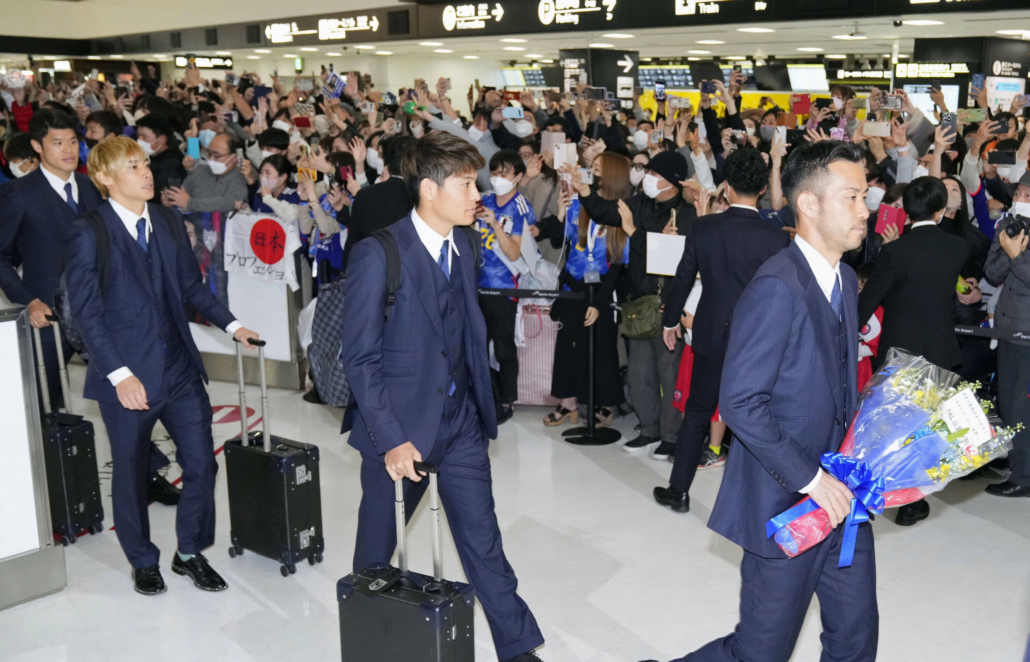
The situation was, however, different ahead of Russia 2018 when after qualifying for the World Cup finals, Frenchman Herve Renard – who became a cult figure of sorts in Qatar when his team Saudi Arabia stunned Argentina – was their erstwhile coach and found it difficult to stitch together a decent team.
Morocco ought to be grateful to the crusade of Munir El-Haddadi, a Spain-born Moroccan footballer, who had turned out for the Europeans for a single match in 2014. It was El-Haddadi’s pleading with the Moroccan national body to let him play for his country of origin which eventually saw Fifa, the world governing body, changing the eligibility rules to a minimum of three appearances in 2020.
It’s a pity that Morocco could never really see the best of El-Haddadi as he was past his prime. However, in leading the charge to get the rules changed, Morocco showed how reliant they have been on migrants and naturalised foreign citizens for the success of the national team.
Here’s wishing them luck for the rest of their campaign!

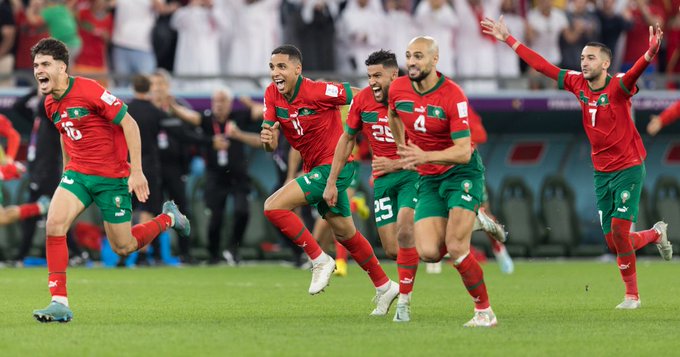
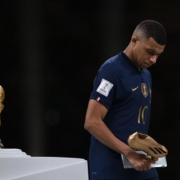
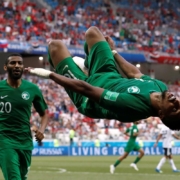
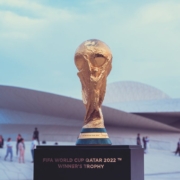
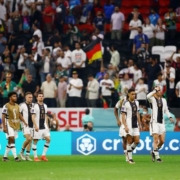



Leave a Reply
Want to join the discussion?Feel free to contribute!